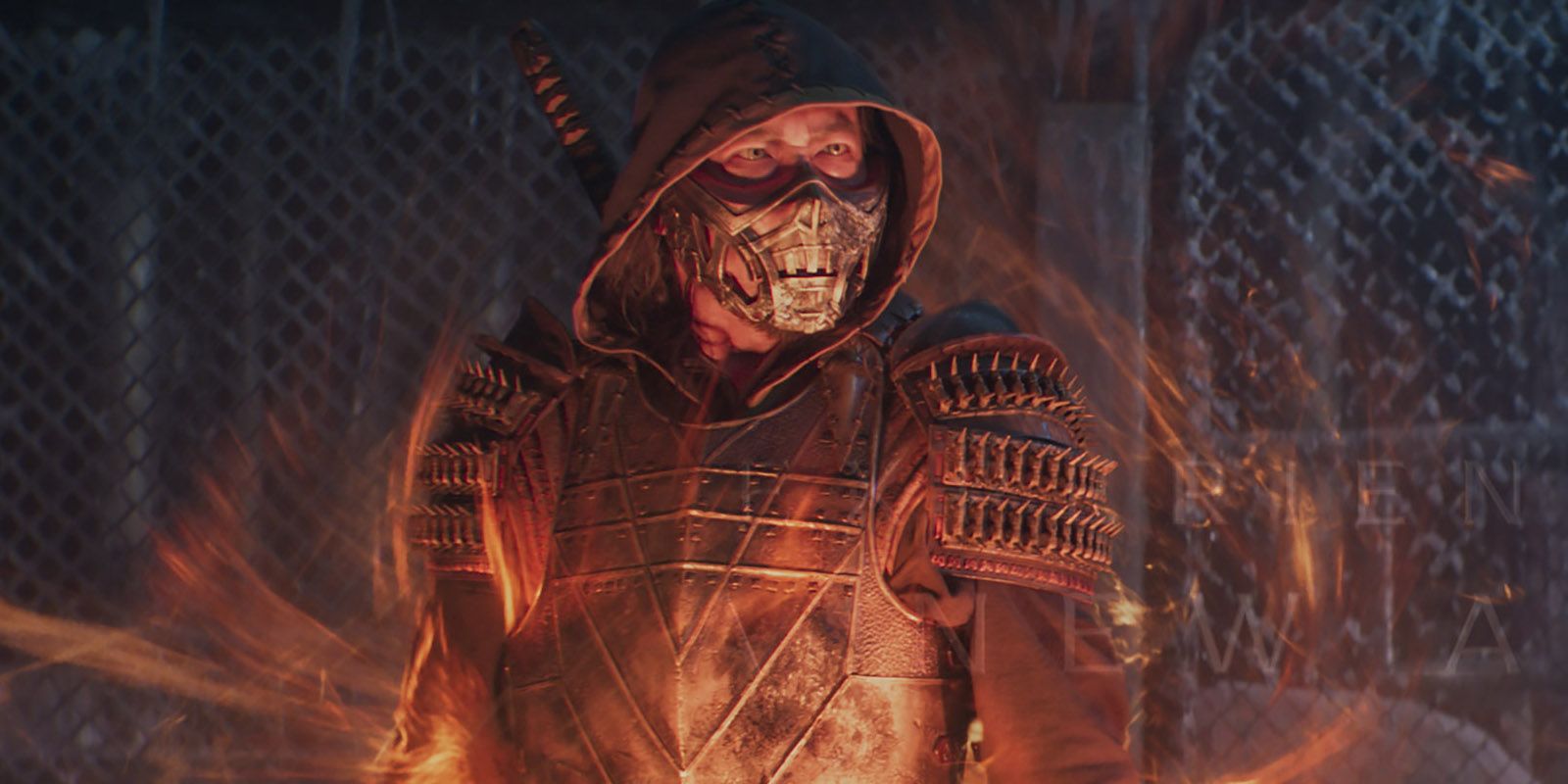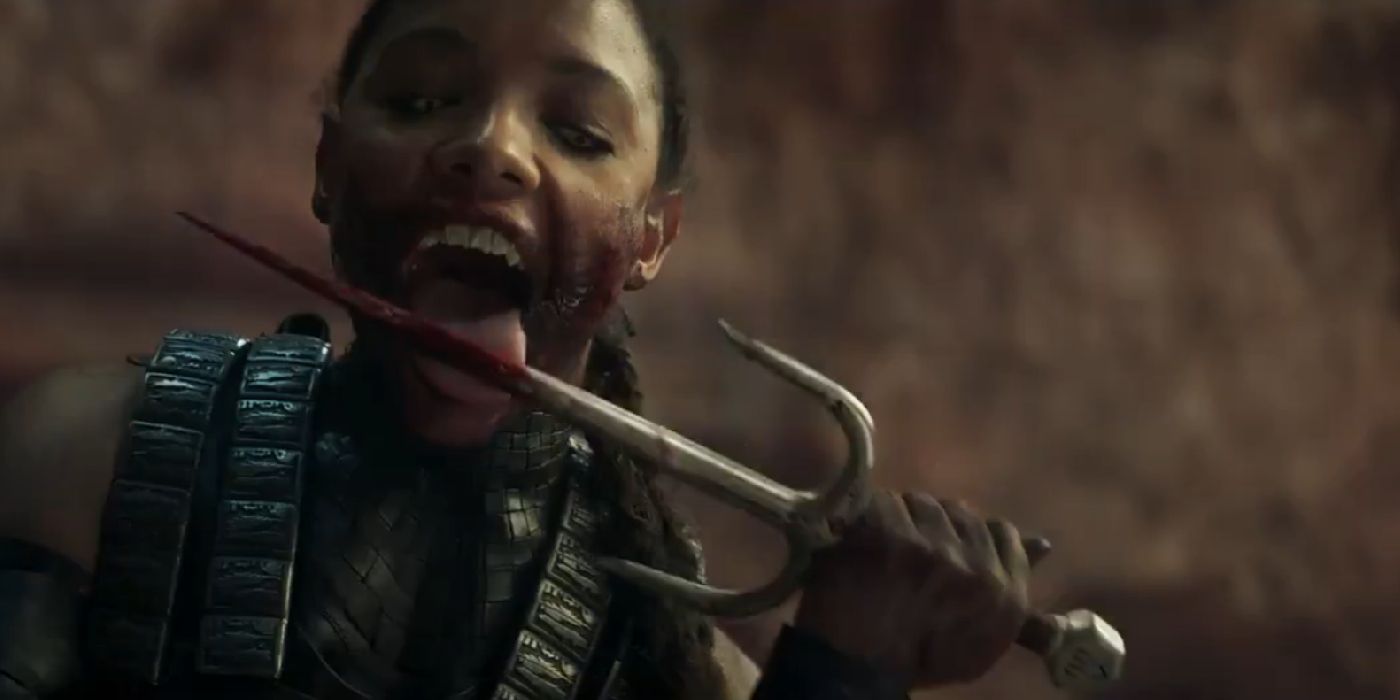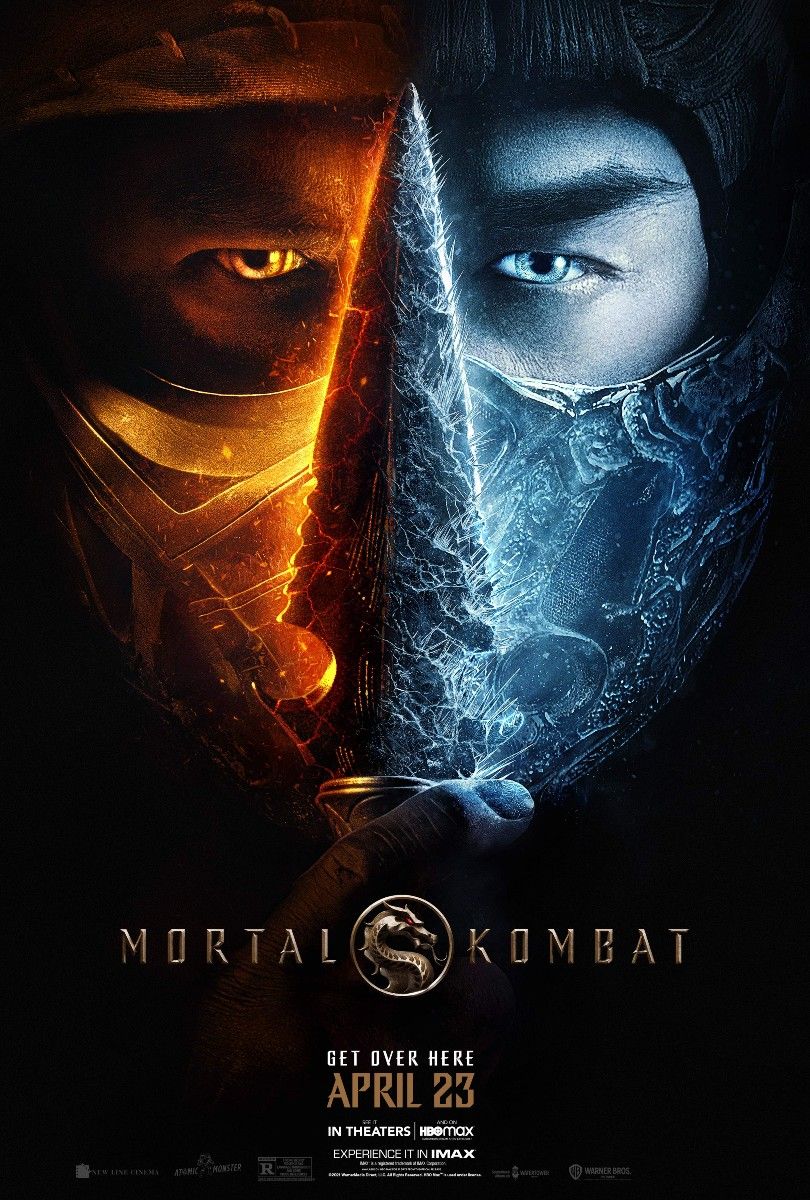Simon McQuoid, director for the upcoming Mortal Kombat reboot, confirmed that the film won't feature multiple timelines like the video game series. The film serves as both an adaptation of the popular fighting game series of the same name while also rebooting the cinematic franchise after two Mortal Kombat films were made in the 90s. The film will not directly adapt the events of any one particular game, opting to take elements from multiple entries in the series while also introducing new characters and storylines.
In recent years, the Mortal Kombat video game series has been known for its increased focus on both time travel and multiple timelines. 2011's Mortal Kombat 9 was both a reboot and a sequel for the series. The game starts off during the events of Mortal Kombat: Armageddon, where nearly all of Earthrealm's fighters have fallen to Shao Khan. Raiden, in a last-ditch effort to save the world, sends a message to his past self. The game then goes back to the original Mortal Kombat, but this time events play out differently as Raiden begins to get premonitions from his future self and makes an effort to alter the timeline. Time travel is again explored in Mortal Kombat 11, where new villain Kronika, the architect of time, seeks to destroy Raiden for his meddling of the universe's timeline.
During a recent press event for the film, McQuoid confirmed that his Mortal Kombat wouldn't feature multiple timelines. McQuoid acknowledged the series' history with time travel and alternate timelines, but emphasized that the goal with this reboot was to narrow the scope of the Mortal Kombat story and keep things as simple as possible. He mentioned how there is so much going on in the film that it was best to keep it simple to retain coherence. Check out his full comment below:
There's a lot of different timelines and different iterations of characters and all sorts of stuff that comes out of the source material. So, we were conscious of that in the same way we were respectful of everything that comes out of the source material. But we don't really mess with time. Aside from that opening, which is set in ancient Japan, it's present day. So, we don't mess with time at all. And we tried to keep that aspect of it reasonably simple, because there was enough going on as it was, a lot of plate spinning going on with this movie. So, just try to keep that aspect pretty simple.
McQuoid does mention that the opening of the film takes place in ancient Japan. The first 13 minutes of Mortal Kombat has been sent out to the press, which shows a confrontation between Bi-Han (who goes on to become Sub-Zero) and Hanzo Hasashi (who goes on to become Scorpion). However, McQuoid did emphasize that the opening would be the only scene that doesn't take place in present day.
While the multiple timeline aspect is a core part of the modern Mortal Kombat video games, it makes sense that McQuoid and the team behind the film wouldn't want to focus on it. McQuoid has been adamant about staying accurate to the Mortal Kombat games when necessary. But, considering Mortal Kombat 9's alternate timeline storyline was done as an effort to clean up decades of game history, it would seem unnecessary to focus on it in a film like the upcoming Mortal Kombat reboot.



